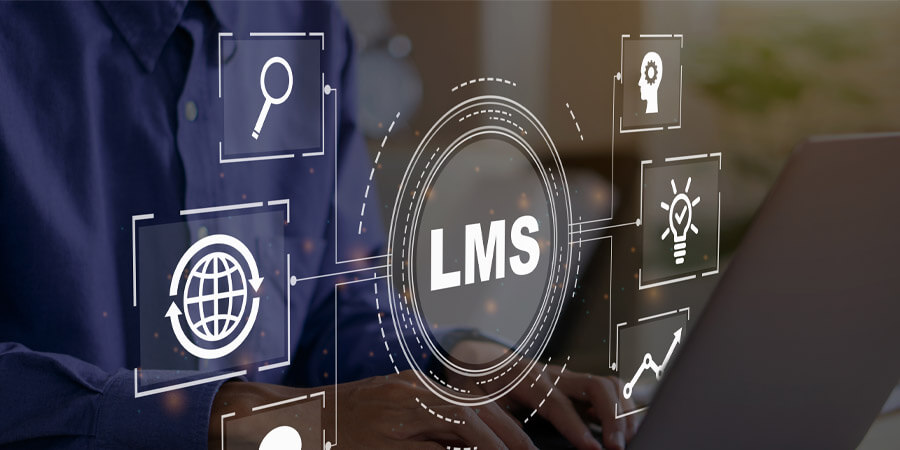In recent years, the rapid advancement of artificial intelligence (AI) has transformed industries worldwide. Among the most groundbreaking developments are large language models (LLMs), such as OpenAI’s GPT and Google’s Bard. While these models have shown immense potential, their effectiveness often falls short when addressing region-specific challenges. In Africa, the rise of localized LLMs is bridging this gap and unlocking new opportunities for innovation, economic development, and societal transformation.
The Case for Localization
Africa’s diverse linguistic and cultural landscape is unparalleled. With over 2,000 languages and varied socio-economic contexts, generic AI models struggle to fully understand and address local needs. Localized LLMs, tailored to African languages and cultural nuances, provide a solution by delivering relevant and meaningful outputs.
For example, in multilingual countries like South Africa, Nigeria, or Kenya, localized LLMs can seamlessly switch between languages such as Zulu, Yoruba, Swahili, and English. This inclusivity ensures that AI tools are accessible to diverse populations. By training models on local datasets, these LLMs can better interpret colloquialisms, regional dialects, and culturally specific references, making interactions more intuitive and accurate.
Driving Innovation Across Sectors
Localized LLMs have the potential to significantly enhance various sectors across Africa by providing tailored, contextually relevant solutions. In education, these models can act as virtual tutors, delivering personalized learning experiences in native languages. They can bridge educational gaps in remote and rural areas, making quality content accessible and answering queries in a culturally relevant manner. This ensures that students, even in isolated regions, can engage with complex subjects in a way that aligns with their linguistic and contextual needs.
Similarly, in healthcare, localized LLMs play a critical role in regions with limited access to medical professionals. They offer health information in local languages, assisting in the diagnosis of common illnesses and providing guidance on seeking appropriate medical care. This becomes essential in combating misinformation and promoting effective public health initiatives.
Agriculture, a foundational sector for many African economies, benefits from localized LLMs by providing farmers with tailored advice on weather patterns, crop management, and market trends in their preferred languages. This empowers them to make more informed decisions, enhancing productivity and resilience against climate-related challenges.
Furthermore, in governance and public services, localized LLMs facilitate improved citizen engagement by offering services and information in multiple languages. AI-powered chatbots streamline access to public services, bridging the communication gap between authorities and citizens while fostering greater transparency and trust. By addressing these key areas, localized LLMs drive innovation, inclusivity, and sustainable development across Africa.
Driving Inclusive Innovation with Localized LLMs
Africa is positioned to explore new frontiers with localized LLMs by expanding possibilities and encouraging innovation across various domains:
- Data Empowerment: By leveraging localized LLMs, communities gain the tools necessary to collect and manage data more effectively, enhancing decision-making and innovation in sectors like agriculture, education, and healthcare.
- Cultural Preservation: Localized LLMs support the preservation and promotion of indigenous languages and cultural heritage. By respecting local traditions, these models contribute to a deeper understanding and appreciation of African history and identity.
- Inclusive Technology Development: With localized LLMs, diverse groups, including underrepresented communities, can actively participate in the development and deployment of AI technologies, ensuring that solutions are more reflective of their needs and experiences.
Building a Collaborative Ecosystem
To fully realize the potential of localized LLMs, collaboration is essential. Governments, academic institutions, tech companies, and non-profits must work together to:
- Invest in Data Collection: Initiatives to digitize and annotate African languages are vital. Community-driven projects and partnerships with local linguists can help build comprehensive datasets.
- Enhance Computational Resources: Establishing local AI research hubs and data centers can reduce dependency on foreign infrastructure and promote self-sufficiency.
- Encourage Open-Source Development: Sharing research and tools in an open-source manner can democratize access to AI technologies, enabling smaller startups and researchers to contribute to localized LLM development.
- Foster Talent Development: Training the next generation of African AI researchers and developers is essential. Scholarships, workshops, and mentorship programs can help nurture talent and encourage innovation.
The Future Outlook
Localized LLMs represent a transformative opportunity for Africa, empowering the continent to harness AI’s potential in a way that reflects its unique cultural and linguistic identity. As these models evolve, they will not only drive technological innovation but also promote inclusivity, resilience, and self-reliance.
By addressing challenges through collaboration and investment, Africa can position itself as a leader in localized AI solutions, setting a global standard for how technology can be tailored to serve diverse communities. In doing so, localized LLMs will not be just tools for advancement but catalysts for a brighter and more connected future.








